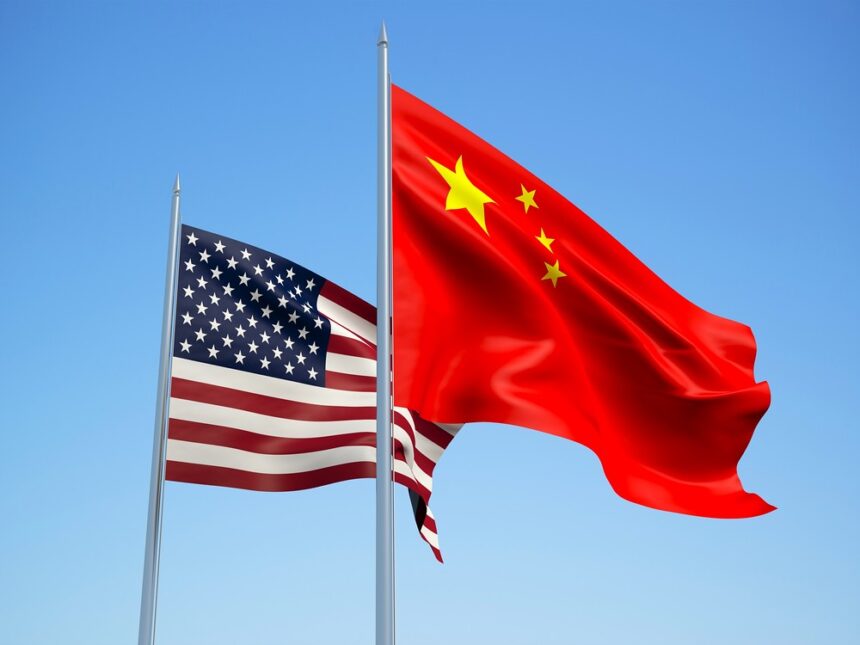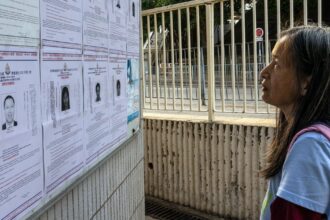In a notable diplomatic shift at this year’s World Health Assembly (WHA), the United States appears set to significantly reduce its presence while China dramatically expands its delegation to over 180 members. This stark contrast at the World Health Organization’s most important annual gathering reflects broader geopolitical realignments reshaping global health governance.
For the first time in recent memory, the U.S. delegation will lack cabinet-level representation at the 77th World Health Assembly, which commenced Monday in Geneva. Health and Human Services Secretary Xavier Becerra, who led American delegations in previous years, is conspicuously absent from the attendee list. This absence comes at a critical juncture as member states navigate complex negotiations on pandemic preparedness and response mechanisms.
“The reduced American presence creates a vacuum that other nations are quickly filling,” notes Dr. Alexandra Winters, international health policy expert at the University of Toronto. “China’s substantial delegation signals its strategic prioritization of the WHO as a platform for expanding global influence.”
While the U.S. delegation is being led by lower-ranking officials from the Department of Health and Human Services, China has dispatched Vice Premier Liu Guozhong to head its significantly expanded contingent. The Chinese delegation’s size—more than triple that of previous years—underscores Beijing’s growing investment in multilateral health diplomacy.
Sources within the WHO indicate this substantial Chinese presence coincides with crucial debates over pandemic treaty negotiations and the International Health Regulations amendments. Both initiatives aim to strengthen global health security frameworks but have faced significant hurdles as nations balance sovereignty concerns with collective action.
The Assembly’s agenda includes addressing ongoing challenges in health emergency preparedness, antimicrobial resistance, and sustainable financing for global health initiatives. These discussions will shape the organization’s strategic direction as it confronts emerging health threats amid geopolitical tensions.
“The changing dynamics at the WHA reflect broader shifts in global power arrangements,” explains Dr. Michael Thomason, senior fellow at the Canadian Institute for Global Affairs. “Health diplomacy is increasingly becoming a domain where nations assert influence and project soft power.”
This development occurs against the backdrop of changing political landscapes in both countries. The United States faces a contentious election year with domestic health issues dominating political discourse, while China continues its efforts to expand international influence through multilateral institutions.
The shift raises important questions about the future of global health leadership. With U.S. engagement apparently waning and Chinese presence expanding, other middle powers including Canada, Germany, and Brazil may find themselves playing increasingly significant mediating roles in WHO governance.
WHO Director-General Dr. Tedros Adhanom Ghebreyesus has emphasized the importance of inclusive multilateralism in addressing transnational health challenges. However, the organization now navigates an increasingly complex political environment where health and geopolitics have become inextricably linked.
As the Assembly continues through May 31, the implications of this diplomatic realignment will likely extend beyond procedural outcomes to fundamentally reshape how global health priorities are determined and implemented. Will this shifting balance of power lead to more effective international health cooperation, or further fragment an already strained multilateral system?










